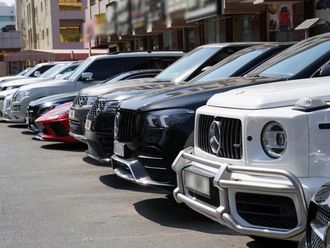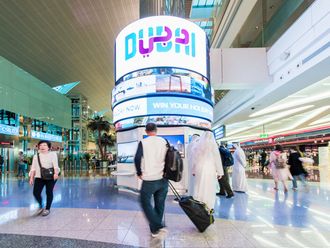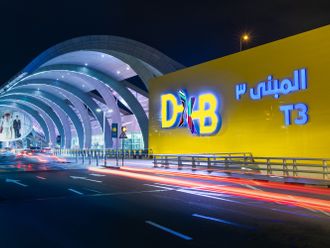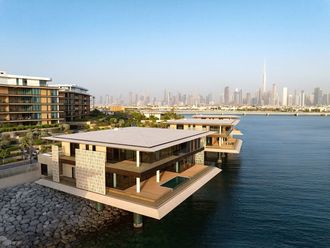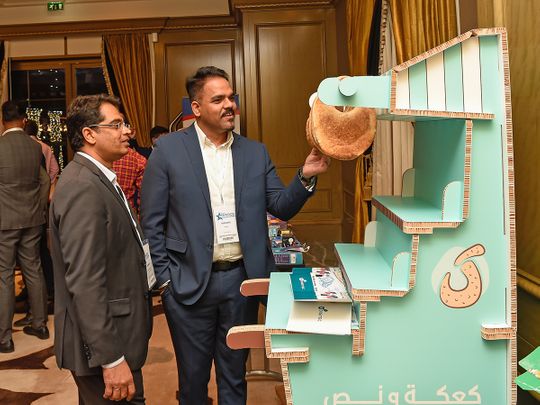
Dubai: Get the packaging just right – this would be the easiest option for businesses and consumers to get going on the sustainable path. When they do, it would be easier to align with the headway the UAE government has already made.
“The UAE government is putting a lot of impetus behind the diversion of waste from landfills,” said Sara Jackson, Executive Director at Green Ethics. “The government released the Circular Economy policy last year, taking into account the four pillars - sustainable manufacturing, green infrastructure, sustainable transport and sustainable food production and consumption.”
Sustainability is not about CSR - it goes way beyond that. It’s about risk mitigation and business continuity. If sustainability is not built in as a strategy into your business model, you will not have a business in 20 years’ time. So understand that we do not have an option but to move towards the circular economy for our businesses, no matter how hard
But the secret, she reckons, is just bringing the players together. “Because without industry, without the public-private engagement, this thing [waste management in packaging sector] is not going to work,” said Sara.
According to a study, more than 80 million tonnes of plastic packaging are produced every year and less than 14 per cent is collected for recycling. About 40 per cent is sent to landfill, 14 per cent incinerated, and 32 per cent ends up in the environment. The foundation estimates that $80 billion to $120 billion worth of plastic packaging is thrown away each year after just one use.
With climate change at the forefront, researchers are asking packaging producers and brand owners to adopt a circular economy approach to deal with this issue. Sara said for companies to meet those commitments, they need to have an ecosystem. “Because if you don’t have the infrastructure to collect and recover if you don’t have the consumer awareness that’s needed to do that properly, you’re not going to be able to meet those commitments,” she said.
The UAE’s packaging industry is set to hit $5.4 billion by 2027 according to a report published by Mordor Intelligence, and the governments are already setting the rules straight. Recently, the Dubai government ordered a major hike in the cost of depositing non-recyclable waste in a bid to meet the country’s net-zero targets. The cost of disposing of waste in landfill will now cost Dh100 per tonne of non-recyclable waste deposited, up from Dh10 per visit, as part of targets by the UAE to be zero waste by 2030.
The PRIME winners
Experts spoke to Gulf News on the sidelines of PRIME Awards 2022 by Packaging MEA. Here are the list of this year’s PRIME Award winners:




